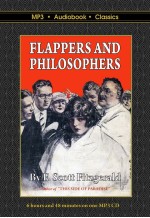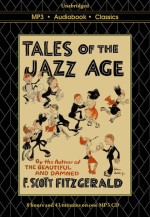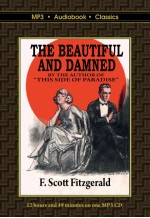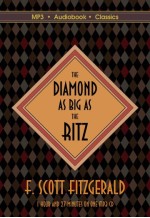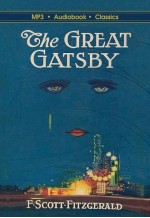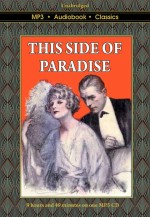F. Scott Fitzgerald
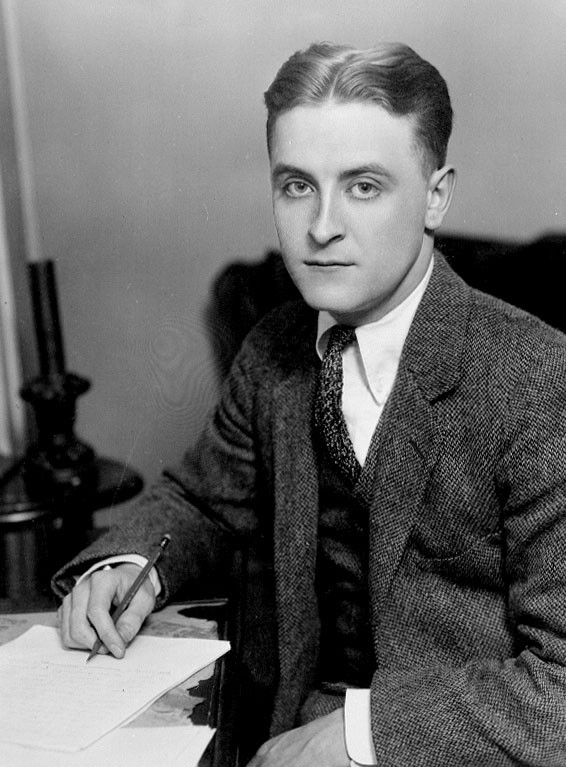 |
|
Flappers and Philosophers
Throughout his career F. Scott Fitzgerald excelled at the short form, the short story. Indeed when h..
$9.99
Tales of The Jazz Age
In 1922 the publication of Tales of the Jazz Age confirmed the conventional wisdom of the time that ..
$9.99
The Beautiful and Damned
The Beautiful and Damned, F. Scott Fitzgerald’s second novel, published in 1922, two years after his..
$11.99
The Curious Case of Benjamin Button
The Curious Case of Benjamin Button is the story of a child born in Baltimore in 1860 who has the ap..
$7.99
The Diamond as Big as the Ritz
In “The Diamond as Big as the Ritz” a young man from the south, John T. Unger, is sent north to a bo..
$9.99
The Great Gatsby
After serving in the Third Infantry Division in World War I, Nick Carraway, the narrator of The Grea..
$9.99
This Side of Paradise
This Side of Paradise, F. Scott Fitzgerald’s first novel broke the wave of youthful energy pent-up a..
$9.99

